The Date of Diwali 2024
Diwali, also known as the Festival of Lights, is one of the most eagerly awaited festivals in the Hindu calendar. In 2024, Diwali will be celebrated on November 1st. Unlike many other festivals that have a fixed date in the Gregorian calendar, Diwali’s date varies each year. This is because it is determined based on the Hindu lunar calendar, specifically falling on the new moon night of the month of Kartika.
The lunar calendar, used in Hindu traditions, is based on the phases of the moon. Each month begins with a new moon and spans two moon phases: the waxing phase (Shukla Paksha) and the waning phase (Krishna Paksha). Diwali occurs during the Amavasya, or the new moon night, of Kartika, making it a time when the night is at its darkest. This lunar determination is why Diwali can fall anywhere between mid-October and mid-November.
The new moon night of Kartika holds special significance in Hinduism. It is believed to be the period when the goddess Lakshmi, the deity of wealth and prosperity, descends to earth. The darkness of the night is symbolically overcome by the lighting of diyas (oil lamps) and lanterns, which not only beautify homes but also signify the victory of light over darkness, knowledge over ignorance, and good over evil.
Moreover, the synchronization of Diwali with the lunar cycle underscores the deep connection between Hindu festivities and celestial events. This connection is a testament to the ancient wisdom that intertwines cultural practices with natural phenomena. By aligning with the lunar calendar, Diwali not only celebrates spiritual and material prosperity but also honors the rhythm of the cosmos.
Historical and Mythological Significance of Diwali
Diwali, also known as Deepavali, is deeply rooted in historical and mythological narratives that date back centuries. One of the most prominent stories associated with Diwali is the return of Lord Rama to Ayodhya after a 14-year exile. According to the epic Ramayana, Lord Rama, accompanied by his wife Sita and his brother Lakshmana, vanquished the demon king Ravana. The people of Ayodhya celebrated his return by lighting oil lamps, symbolizing the triumph of light over darkness and good over evil. This tradition continues to be a central aspect of Diwali celebrations.
Another significant tale is that of Lord Krishna and his victory over the demon Narakasura. As per the legend, Narakasura had terrorized the people, and his defeat by Lord Krishna brought relief and joy to the land. The day following Narakasura’s defeat is celebrated as Naraka Chaturdashi, which precedes Diwali. This story highlights the underlying themes of righteousness, courage, and the ultimate victory of good over evil.
The celebration of Diwali varies across different regions in India, each with its unique customs and rituals. In North India, the festival is marked by the worship of Goddess Lakshmi, the deity of wealth and prosperity. Homes are cleaned and decorated with rangoli and lights to welcome the goddess. In South India, Diwali commemorates the defeat of Narakasura by Lord Krishna, and people celebrate with early morning rituals and bursting of firecrackers. In the western regions, particularly in Gujarat, Diwali marks the end of the harvest season, and it is a time for new beginnings and business ventures.
Beyond the mythological stories, Diwali holds profound spiritual significance. It is a time for self-reflection, inner purification, and the fostering of positive virtues. The lighting of lamps during Diwali symbolizes the dispelling of ignorance and the enlightenment of the inner self. Thus, Diwali is not just a festival of lights, but a celebration of spiritual awakening and the reaffirmation of hope and goodwill.
Traditional Diwali Rituals and Practices
Diwali, also known as the Festival of Lights, is celebrated with a multitude of traditional rituals and practices that have been passed down through generations. One of the most significant activities is the thorough cleaning and decorating of homes. This practice symbolizes the removal of negativity and the welcoming of prosperity and good fortune. Families often adorn their homes with colorful rangoli designs made from powdered pigments, rice, or flower petals, and hang intricate toran (door hangings) made of marigolds and mango leaves.
Another essential aspect of Diwali celebrations is the preparation of special sweets and delicacies. Traditional sweets such as laddoos, barfis, and jalebis are made and shared among family members, friends, and neighbors. These sweets represent the joy and sweetness of life, and sharing them fosters a sense of community and togetherness. Savory dishes like samosas and pakoras are also prepared, adding to the festive feast.
Lighting oil lamps, or diyas, is perhaps the most iconic Diwali practice. Diyas are placed around homes, on windowsills, and along pathways to dispel darkness and invite light into every corner. This act of illumination is symbolic of the triumph of good over evil and knowledge over ignorance. In addition to diyas, fireworks and sparklers are commonly used to celebrate, creating a spectacular display of light and sound.
Performing pujas (prayers) to deities such as Lakshmi, the goddess of wealth, and Ganesha, the remover of obstacles, is a pivotal part of Diwali rituals. Families gather to offer prayers, flowers, and sweets to these deities, seeking their blessings for prosperity, health, and happiness. The Lakshmi Puja, in particular, is a major event, where homes are illuminated to invite the goddess to bless the household.
These traditional rituals and practices collectively contribute to the vibrant and joyous atmosphere of Diwali. They not only honor cultural and religious heritage but also reinforce the values of family, community, and the perpetual victory of light over darkness.
Modern-Day Diwali Celebrations
In contemporary times, Diwali continues to be one of the most widely celebrated festivals in India and around the world. Modernity has significantly influenced traditional celebrations, bringing about changes that blend the old with the new. One of the most notable shifts is the widespread use of electric lights in place of traditional oil lamps. These electric lights are not only more convenient but also add a vibrant and colorful dimension to the festivities, adorning homes, streets, and public spaces with elaborate light displays.
Social media has also transformed the way people celebrate Diwali. Platforms like Instagram, Facebook, and WhatsApp are flooded with festive greetings, photos, and videos, allowing people to share their joyous moments with friends and family across the globe. This digital connection has made it easier for the diaspora to participate in the celebrations, fostering a sense of community even when miles apart.
Another critical aspect of modern-day Diwali is the growing awareness and adoption of eco-friendly practices. There is a conscious effort to reduce the use of firecrackers due to their adverse environmental and health impacts. Many opt for quieter, more sustainable ways to celebrate, such as using biodegradable decorations and promoting the use of organic colors for rangoli. These practices not only help in preserving the environment but also ensure a safer and healthier celebration for all.
Despite these modern influences, the essence of Diwali remains unchanged. It continues to be a time for family gatherings, where loved ones come together to celebrate the victory of light over darkness. Gift exchanges are a significant part of the festivities, symbolizing the sharing of joy and prosperity. Community events, including cultural performances, fairs, and feasts, further enrich the celebration, fostering a sense of togetherness and communal harmony.
In sum, while modernity has introduced new elements to Diwali celebrations, the festival’s core values of light, unity, and joy remain steadfast. The blend of traditional practices with contemporary innovations ensures that Diwali continues to be a cherished and meaningful celebration for generations to come.
The post Diwali 2024: Date, Significance, and Celebrations first appeared on .
<p>The post Diwali 2024: Date, Significance, and Celebrations first appeared on .</p>
The post Diwali 2024: Date, Significance, and Celebrations first appeared on .
<p>The post Diwali 2024: Date, Significance, and Celebrations first appeared on .</p>
The post Diwali 2024: Date, Significance, and Celebrations first appeared on .
<p>The post Diwali 2024: Date, Significance, and Celebrations first appeared on .</p>
The post Diwali 2024: Date, Significance, and Celebrations first appeared on .
<p>The post Diwali 2024: Date, Significance, and Celebrations first appeared on .</p>





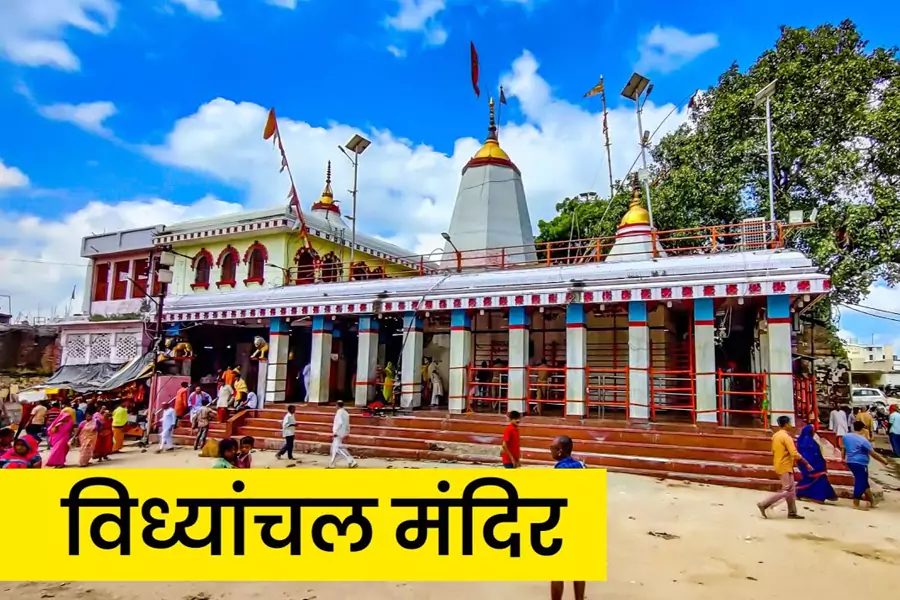

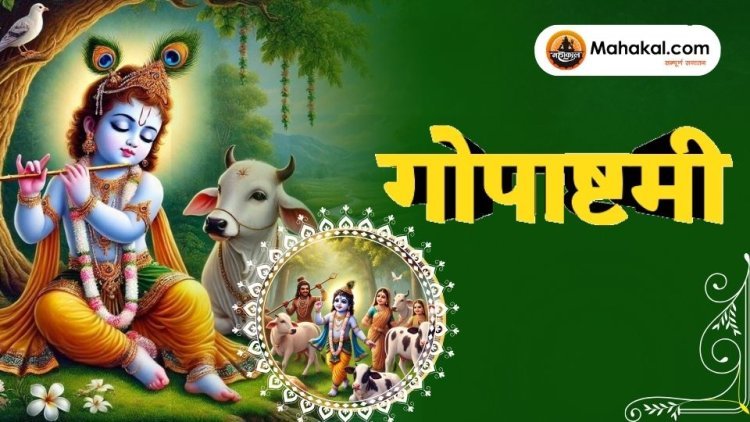
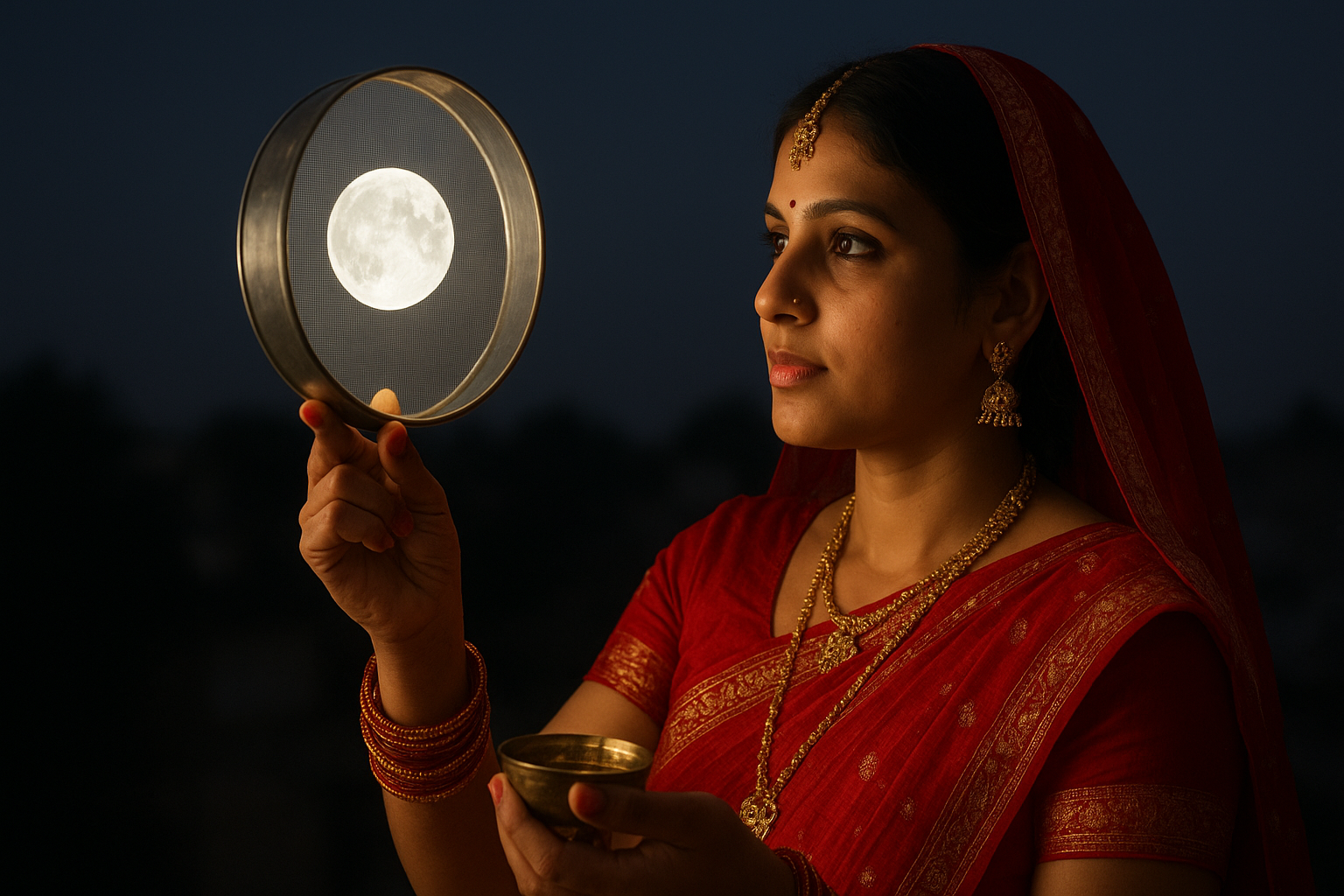
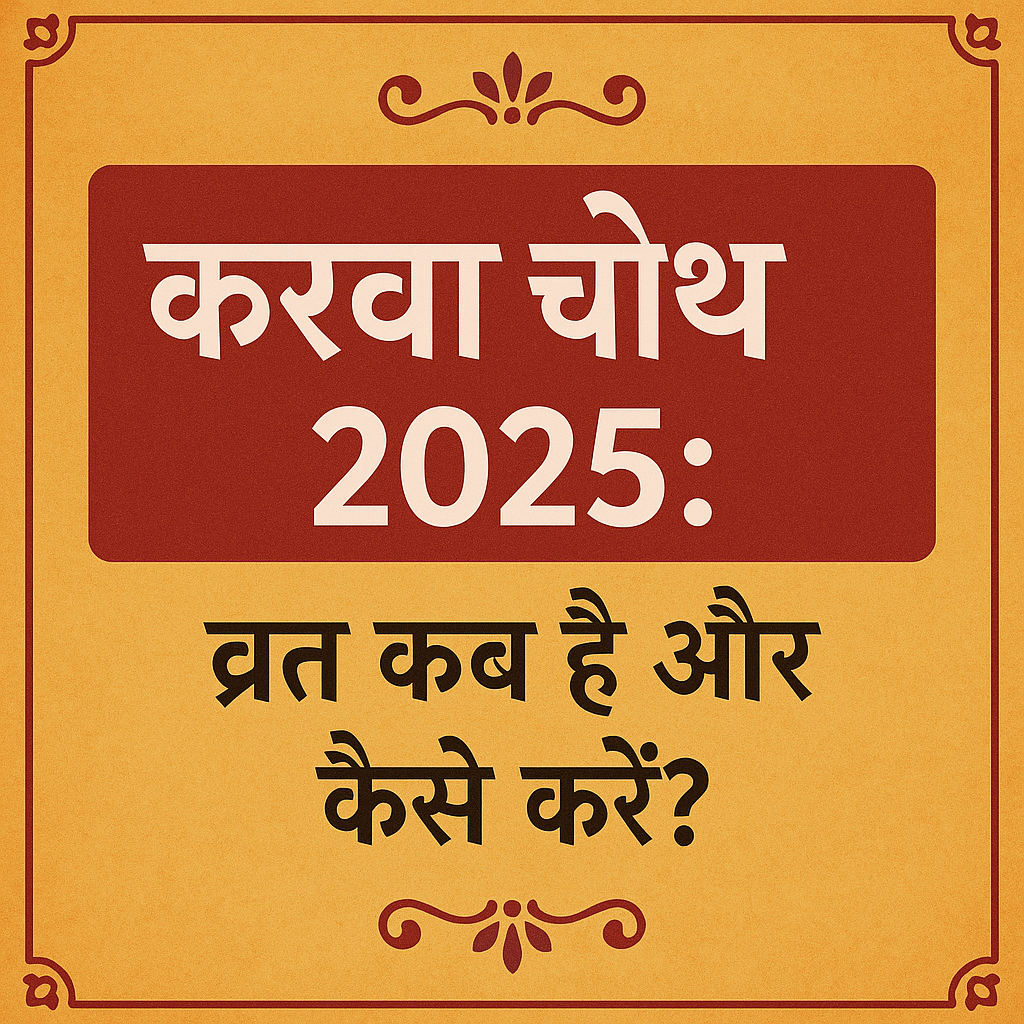
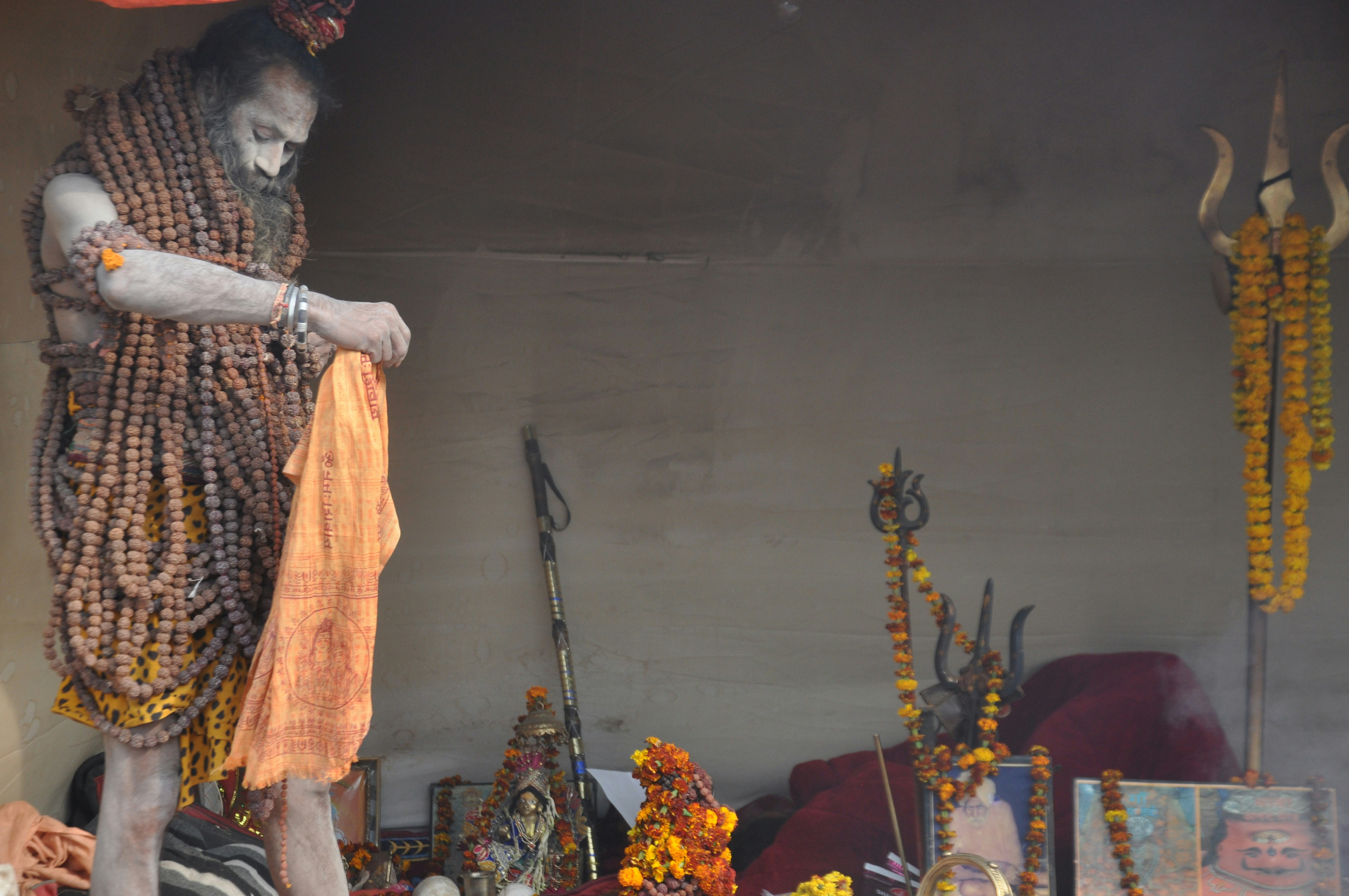
Leave a Reply